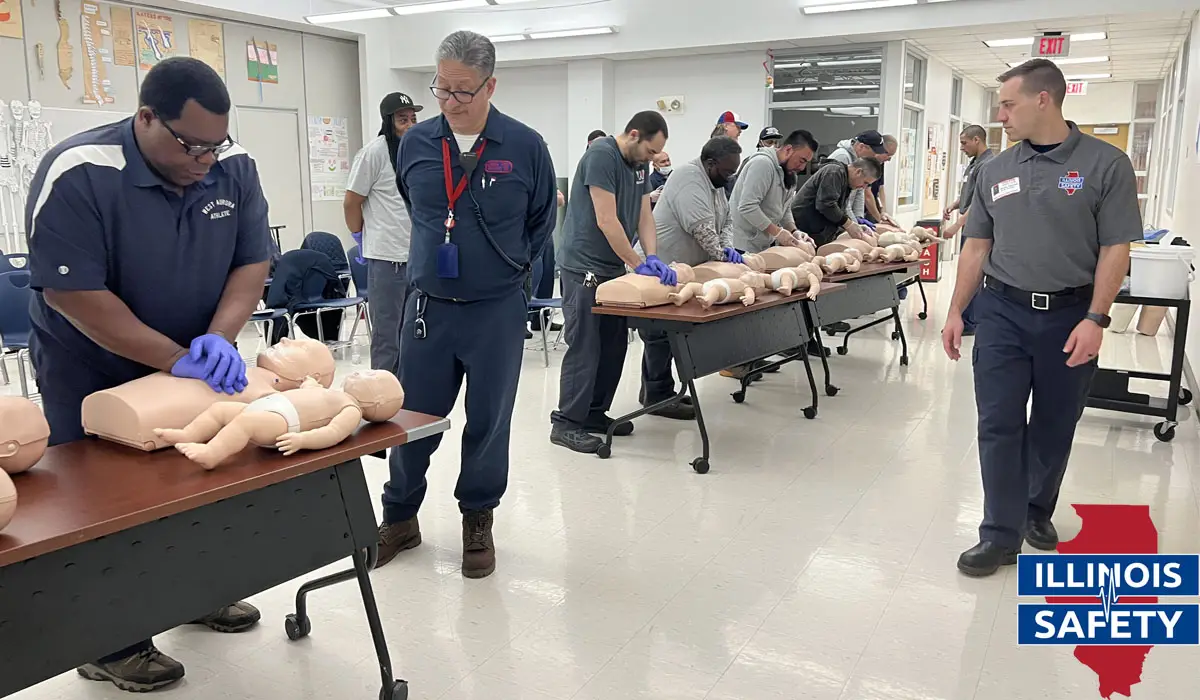
ACLS Certification: A Must-Have Credential For Healthcare Professionals
Empowering Healthcare Heroes: The Essential Guide To ACLS Certification
Whether you’re a seasoned medical professional or an aspiring healthcare provider, having the right credentials can make all the difference in critical situations. ACLS certification, short for Advanced Cardiovascular Life Support, is a must-have credential for healthcare professionals, especially those in emergency and critical care settings. At Illinois Safety, we are passionate about equipping healthcare professionals with the essential skills they need to react confidently and effectively in emergencies. Uncover the true value of ACLS certification and other life-saving courses by visiting our website, where you can explore our comprehensive services. Get in touch with us through our contact us page or give us a call at (630) 290-4280. Prepare to make a difference in the world of healthcare; contact Illinois Safety today!
I. The Basics Of ACLS Certification
ACLS certification is an advanced training program that equips medical professionals with life-saving techniques to manage critical cardiovascular emergencies. These emergencies may include cardiac arrest, stroke, acute coronary syndromes, and other life-threatening conditions. With Advanced Cardiovascular Life Support training, healthcare providers are better prepared to handle complex scenarios and respond swiftly to ensure the best possible outcomes for their patients.
Benefits Of ACLS Certification For Healthcare Professionals
ACLS certification offers a wide range of benefits beyond enhancing professional credentials. As certified Advanced Cardiovascular Life Support providers, healthcare professionals gain the confidence and skills to make crucial decisions in high-stress situations. This certification focuses on advanced algorithms and protocols that guide professionals through each step of a cardiac emergency, ensuring a systematic and efficient response. By mastering ACLS techniques, healthcare providers can significantly improve patient outcomes and survival rates, making them invaluable assets in any healthcare setting.
ACLS AHA - The Gold Standard For Life Support Training
The American Heart Association (AHA) is a renowned organization that sets life support training standards, including Advanced Cardiovascular Life Support certification. When you pursue ACLS through the AHA, you can rest assured that you receive evidence-based and up-to-date training from expert instructors. The AHA’s rigorous curriculum and focus on research-backed protocols ensure that ACLS-certified professionals are well-equipped to handle real-life emergencies with competence and proficiency.
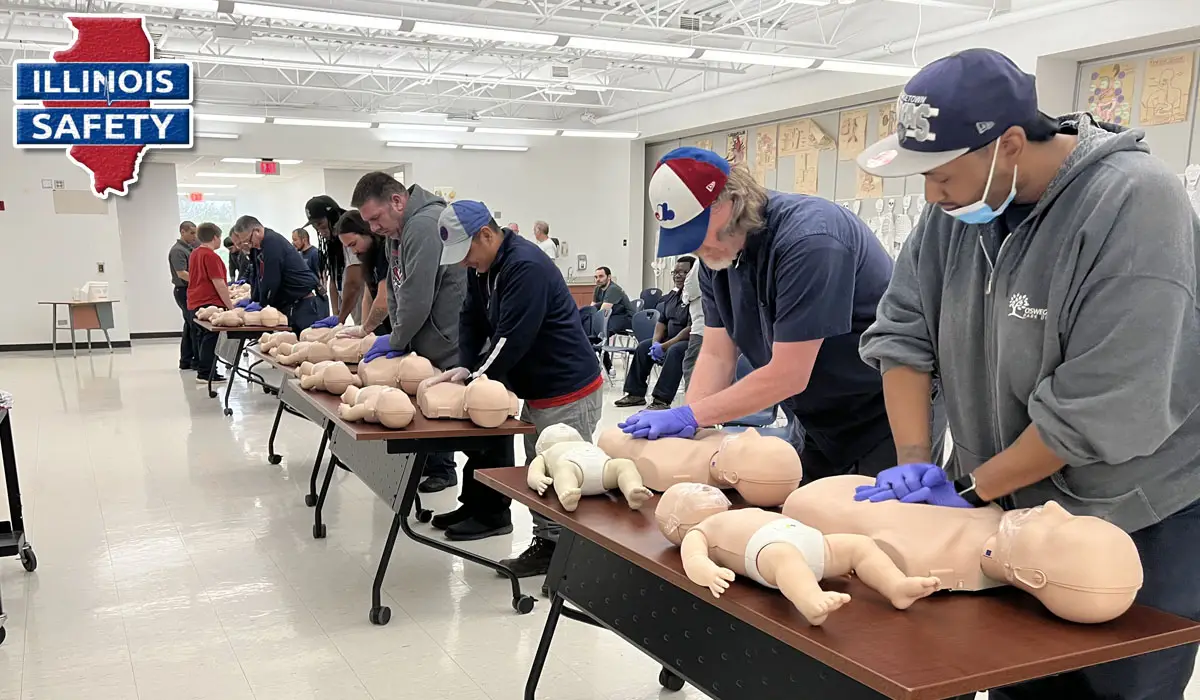
II. Obtaining And Maintaining ACLS Certification
A. CLS Prerequisites: Eligibility And Requirements
Before embarking on the ACLS certification journey, candidates must meet certain prerequisites and requirements. Typically, participants must have a valid Basic Life Support (BLS) certification, as Advanced Cardiovascular Life Support builds upon the foundational skills taught in BLS courses. Additionally, candidates should possess a strong understanding of cardiac rhythms and pharmacology, making ACLS an ideal choice for experienced healthcare professionals seeking to expand their knowledge and expertise.
B. The ACLS Certification Process
The process of obtaining ACLS certification involves comprehensive training and evaluation. Illinois Safety, a reputable training provider, offers on-site certification classes at various facilities, including colleges, schools, corporate businesses, gyms, and daycares. This on-site approach ensures a stress-free and convenient learning environment for participants, who can train in familiar surroundings with expert instructors.
The process covers essential topics, including advanced airway management, electrical therapies, pharmacology, and team dynamics during resuscitation. The course combines theoretical instruction with hands-on simulation, allowing participants to practice Advanced Cardiovascular Life Support techniques under realistic scenarios. This practical experience is invaluable in building confidence and honing critical decision-making skills.
C. American Heart Association ACLS Renewal And Recertification
To maintain ACLS certification, healthcare professionals must renew their credentials every two years. The recertification process ensures providers stay current with the latest guidelines and best practices for managing cardiac emergencies. Renewing the certification allows professionals to refresh their skills and knowledge, ultimately improving their readiness to handle emergencies effectively.
III. Mastering ACLS Skills And Techniques
• Key ACLS Algorithms And Protocols
At the heart of Advanced Cardiovascular Life Support training are key algorithms and protocols that serve as roadmaps for managing different cardiac emergencies. These algorithms provide a step-by-step approach to assessing patients, identifying rhythms, and administering appropriate interventions. From the initial assessment to delivering advanced life support interventions, mastering these algorithms empowers healthcare providers to respond precisely and efficiently during high-stress situations.
• Hands-On Training And Simulation
Illinois Safety recognizes the significance of hands-on training and simulation in ACLS certification. Participants gain practical experience in applying the techniques through realistic scenarios and simulated emergencies. Expert instructors, often current firefighters and paramedics, bring their real-world experiences into the classroom, offering invaluable insights and feedback to enhance participants’ skills and abilities.

• Gaining Confidence In Critical Situations
The practical training and exposure to real-life scenarios in ACLS certification play a vital role in building participants’ confidence. Healthcare professionals who undergo Advanced Cardiovascular Life Support training feel better prepared to manage cardiac emergencies, making split-second decisions that can mean the difference between life and death. This confidence extends to working as part of an effective resuscitation team, ensuring seamless coordination during critical moments.
IV. Why ACLS Certification Matters In Healthcare Settings
❖ Improving Patient Outcomes And Survival Rates
In a medical emergency, every second counts. ACLS-certified healthcare professionals are equipped with the knowledge and skills to deliver swift and effective care, significantly improving patient outcomes and survival rates. From the emergency room to the ambulance, ACLS-trained providers are at the forefront of saving lives in critical situations.
❖ ACLS And Emergency Response Teams
Emergency response teams rely on the expertise of ACLS-certified professionals to handle high-stress situations and provide immediate life-saving interventions. Whether responding to cardiac arrests, strokes, or other cardiovascular emergencies, ACLS-trained individuals play a crucial role in stabilizing patients until they reach a higher level of care.
❖ ACLS In Different Healthcare Specialties
ACLS certification is not limited to one healthcare specialty but applies across various medical settings. From critical care units to surgical wards, healthcare professionals with Advanced Cardiovascular Life Support training bring advanced life support capabilities to diverse medical fields. This versatility allows ACLS-certified providers to significantly impact their respective specialties, ensuring optimal patient care and outcomes.
Conclusion
Uncover the true value of ACLS certification for healthcare professionals. The significance of Advanced Cardiovascular Life Support extends beyond the certificate itself. It empowers medical practitioners with the confidence and competence to handle life-threatening situations with poise and precision. Remember, preparedness saves lives. Don’t wait; invest in your future and the well-being of your patients. Pursue ACLS certification with Illinois Safety, an established training provider dedicated to excellence. Our on-site classes bring expert instruction to your facility, ensuring a stress-free and convenient learning experience. For more information and to schedule your class, contact us at (630) 290-4280 today. Master ACLS, and become a life-saving expert in your field!
Illinois Safety Offers The Classes As Follows:
Other Articles We’ve Hand-Picked For You:
Frequently Asked Questions
Advanced medical emergency courses teach essential life-saving techniques, including cardiopulmonary resuscitation (CPR), airway management, defibrillation, and administration of emergency medications.
Healthcare professionals can stay current with the latest emergency protocols by attending regular updates and refresher courses offered by accredited training organizations.
Team dynamics are crucial in handling medical emergencies, ensuring effective communication, coordination, and seamless execution of life-saving interventions.
Yes, specialized emergency courses are focusing on pediatric patients, teaching healthcare professionals how to respond to critical situations specific to children’s needs.
Yes, advanced medical emergency training is invaluable for first responders, as it equips them with the skills to provide immediate assistance and stabilize patients until professional medical help arrives.
Automated external defibrillators (AEDs) are vital in emergencies, as they can deliver electric shocks to restore normal heart rhythms in cardiac arrest cases.
Yes, advanced medical emergency courses cover various medical scenarios, such as cardiac arrest, respiratory emergencies, anaphylaxis, and more.
Healthcare professionals can overcome emergency stress through regular training, simulation exercises, and debriefings, which build confidence and improve decision-making under pressure.
Basic life support (BLS) focuses on fundamental life-saving techniques, while advanced medical emergency training encompasses more complex interventions for critical and specialized cases.
Yes, basic life support (BLS) training can benefit non-medical individuals by providing them with the knowledge and skills to respond effectively to emergencies in their daily lives, potentially saving lives in their communities.
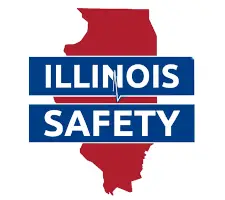
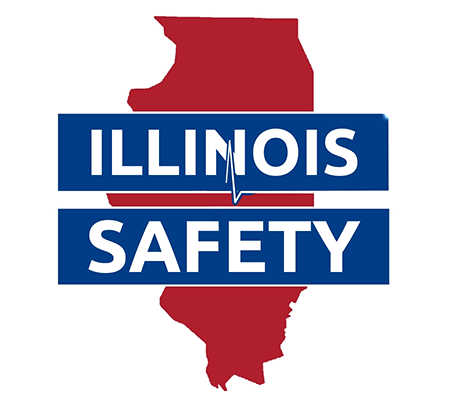
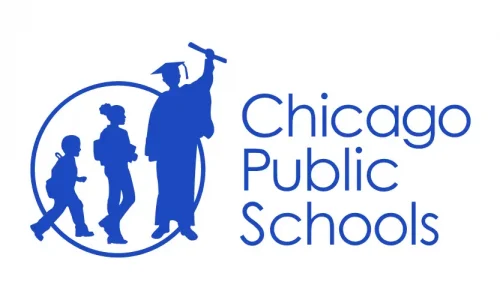
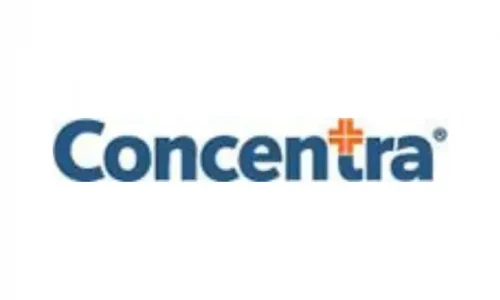
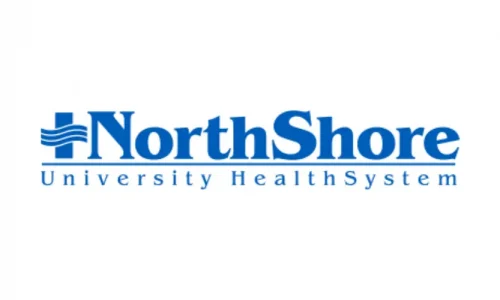

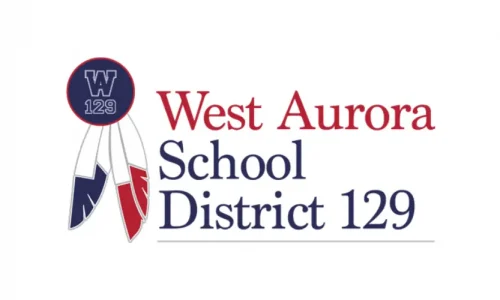

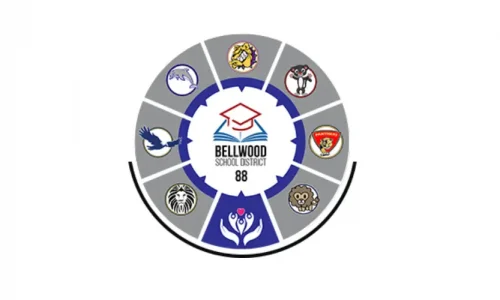
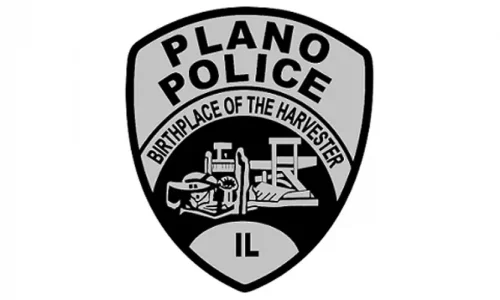
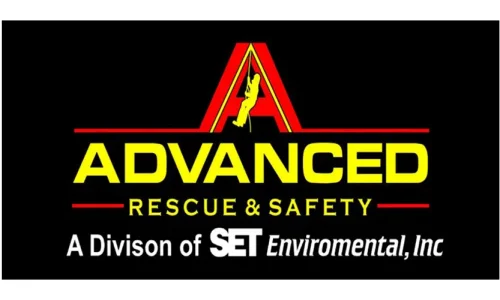
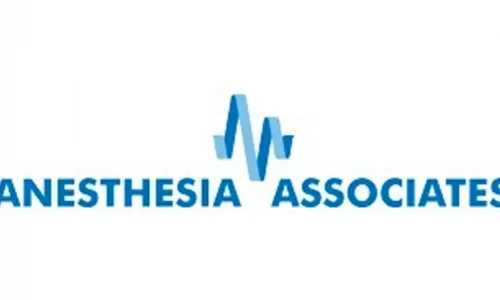
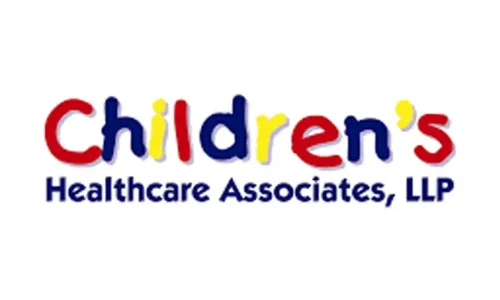
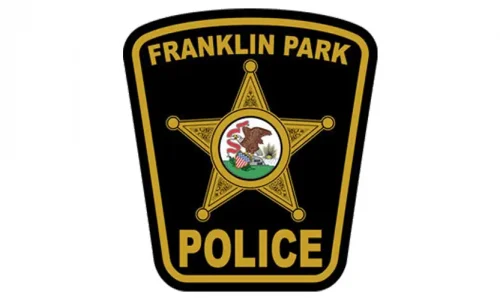
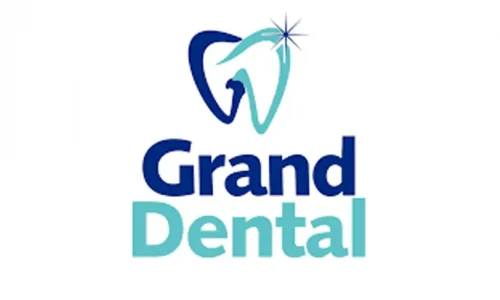
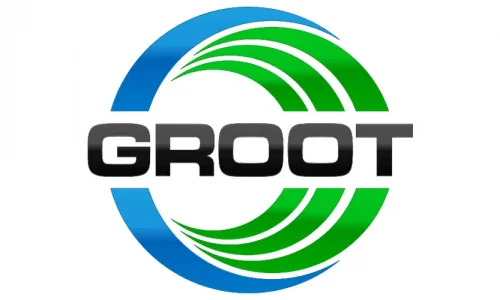
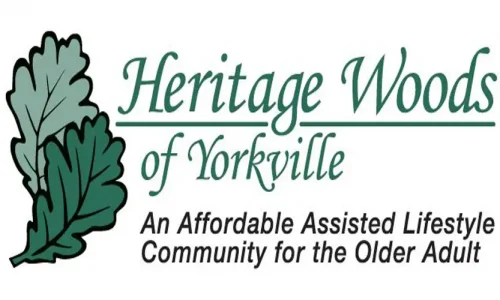
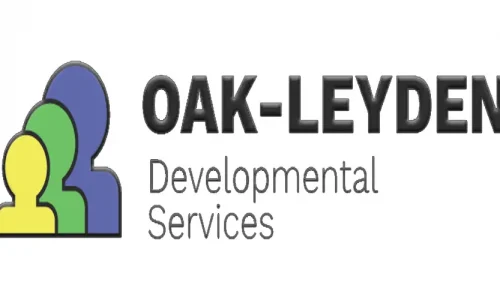
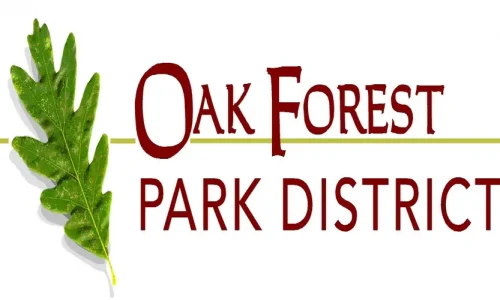
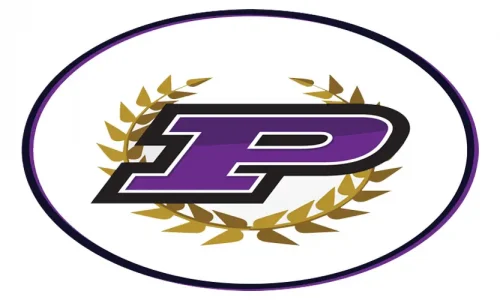
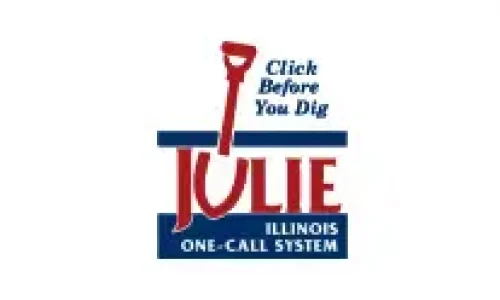

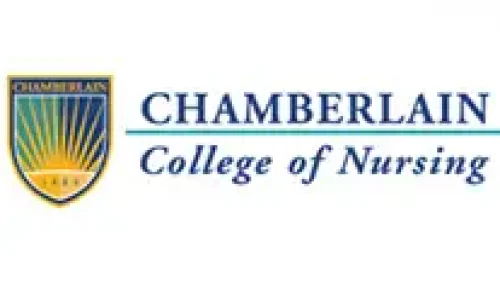
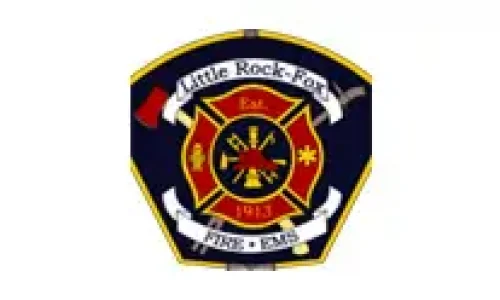
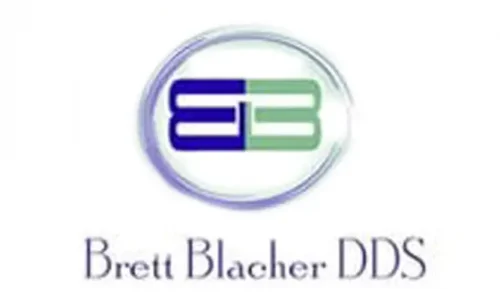
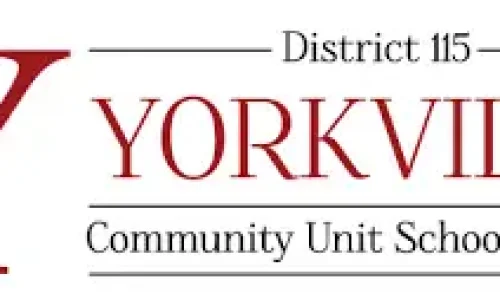



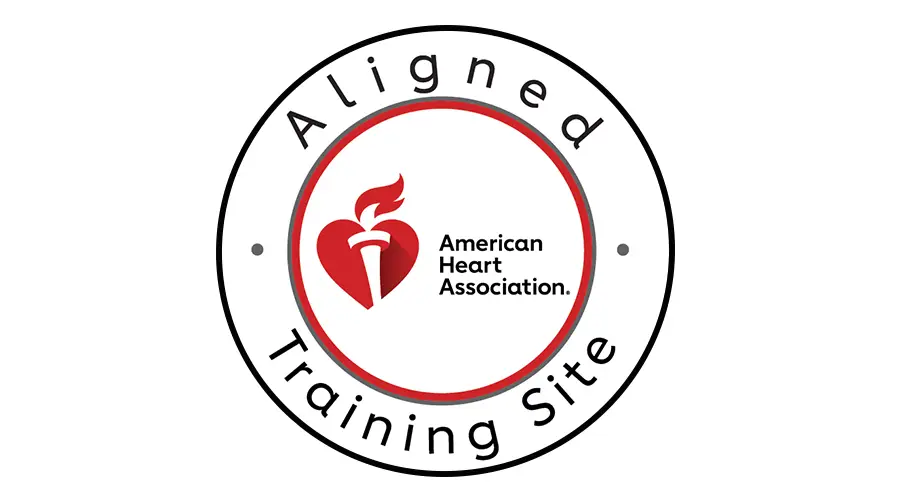
 Powered by
Powered by